President Biden and Vice President Kamala Harris each travel to the storm-ravaged Southeast on Wednesday, as the death toll and devastation from Hurricane Helene soars and a couple of million people remain without power and running water.
Over 160 people have been killed by Helene since the hurricane made landfall in Florida late Thursday before tearing a path of destruction through the interior Southeast. The storm sparked millions of power outages and billions of dollars in property damage as it smashed through the southern Appalachian Mountains and into the Tennessee Valley.
As the floodwaters from the storm receded, North Carolina Gov. Roy Cooper lamented that in the western part of his state “communities were wiped off the map.”
NORTH CAROLINA RESIDENTS FIGHT FOR THEIR SURVIVAL
North Carolina and Georgia, which was also hard hit by the storm, are two of the seven key battlegrounds whose razor-thin margins decided Biden’s 2020 election victory over former President Trump and are expected to determine the outcome of the 2024 showdown between Harris and Trump.
And with a margin-of-error race between the vice president and Trump with less than five weeks to go until Election Day on Nov. 5, and with the former president during a trip to the storm-damaged region earlier this week blasting both Biden and Harris over the federal response, the hurricane has become front-and-center in the White House race.
The president on Wednesday heads to North Carolina, where he’ll survey damage from a helicopter flight over the city of Ashville, one of the hardest hit areas. Biden will also visit a rescue command center in the state before also stopping in neighboring South Carolina.
“My top priority is to ensure the communities devastated by this hurricane get the help and support they need as quickly as possible,” Biden told reporters Tuesday as he spoke during a Cabinet meeting focusing on the federal response.
Trump this past weekend accused the president of “sleeping” at his beach house in Delaware as the storm blasted the Southeast.
And speaking with reporters as he arrived in Valdosta, Georgia, on Monday, the former president charged that “the federal government is not being responsive.”
And he falsely claimed that Biden had not spoken with Georgia Gov. Brian Kemp, a conservative Republican.
Pushing back against the political attacks, Biden has noted that he was on the phone with federal, state and local officials throughout the weekend and returned to the nation’s capital on Sunday afternoon to monitor storm rescue and relief efforts.
HEAD HERE FOR THE LATEST FOX NEWS REPORTING ON HELENE’S HAVOC
“We had over 1,000 federal personnel, including search and rescue teams, at the ready on the ground before it hit,” the president said on Tuesday. “Over the past several days, I’ve been in regular contact with the governors, the mayors, the county officials, and all the affected areas. That includes Florida, North Carolina, South Carolina, Georgia, Tennessee, Alabama and Virginia.”
And Biden emphasized that his administration has sent “every available resource that we have at our disposal to the affected region” and pledged “we’ll be there until this work is done.”
Trump on Sunday attacked Harris for attending “fundraising events with her radical left lunatic donors” in California over the weekend. And he argued that Harris “ought to be down in the area” where the storm caused destruction.
On Monday during his stop in Georgia, Trump repeated the dig, saying, “The vice president, she’s out someplace campaigning looking for money.”
The White House has highlighted that the vice president over the weekend was on the phone with federal, state and local officials.
Harris said on Saturday that she and the president “remain committed to ensuring that no community or state has to respond to this disaster alone.”
On Monday, Harris visited FEMA [Federal Emergency Management Agency] headquarters in Washington, D.C., where she received a briefing on relief and rescue efforts.
“We will do everything in our power to help communities respond and recover,” Harris vowed.
Harris on Wednesday travels to Georgia to survey the impacts of the storm and receive an on-the-ground briefing and provide updates on the federal response.
Harris was originally scheduled to take part Wednesday in a campaign bus swing through central Pennsylvania, another key battleground state, with her running mate, Minnesota Gov. Tim Walz.
With the vice president headed to Georgia, Walz will headline the bus tour, which comes the day after he faced off in the running mates debate against Sen. JD Vance of Ohio, the GOP vice presidential nominee.
During his Monday stop in Georgia, Trump highlighted that “I’ve come to Valdosta with large semi-trucks, many of them, filled with relief aid. A tanker truck filled up with gasoline, a couple of big tanker trucks filled up with gasoline, which they can’t get now. And we’ll be working to distribute it throughout the day.”
And a GoFundMe page set up by the Trump campaign earlier this week has raised nearly $4 million so far for storm victims.
Presidents and vice presidents often don’t travel immediately to storm-damaged areas, to prevent their trips from hampering badly needed rescue and relief efforts.
“I’m committed to traveling to the impacted areas as soon as possible, but I’ve been told that it would be disruptive if I did it right now. We will not do that at the risk of diverting or delaying any of the response assets needed to deal with this crisis,” Biden told reporters on Monday.
And Harris said on Tuesday, “I plan to be on the ground as soon as possible – but as soon as possible without disrupting any emergency response operations, because that must be the highest priority and the first order of business.”
But the optics of Trump’s Monday stop in Georgia may have put some political pressure on Biden and Harris.
Longtime Republican strategist David Kochel said Trump had been “very aggressive” with his quick trip to the storm-damaged region.
“I think he put a lot of pressure on them to try to do something,” Kochel, a veteran of numerous GOP presidential campaigns, told Fox News. “He’s out there pushing a line that they don’t care – they’re not doing anything and I think they’re reacting to it.”
The response by elected officials to natural disasters can impact their political standing.
President George W. Bush was heavily criticized in the summer of 2005 for his initial response to Hurricane Katrina, which devastated New Orleans.
And Trump faced criticism early in his White House tenure as Puerto Rico struggled to recover from a powerful storm. The president was pilloried for throwing paper towels to the crowd as he stopped by a relief center during a storm-related visit to the island.

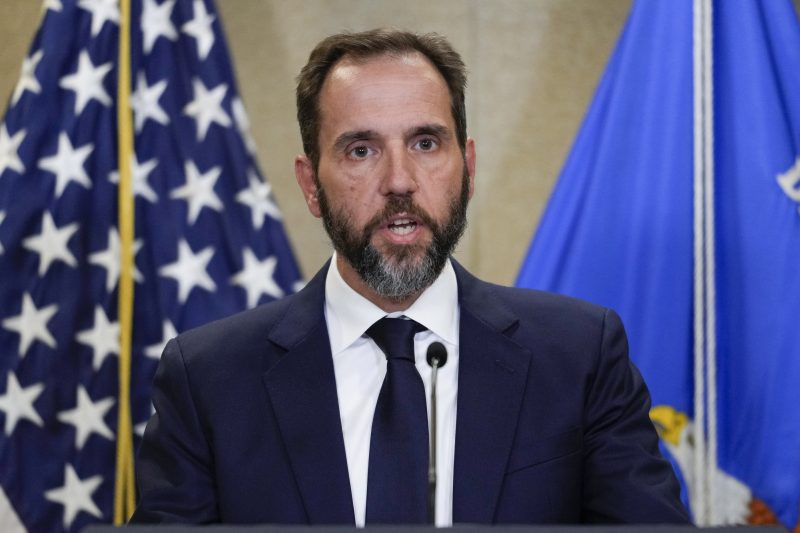
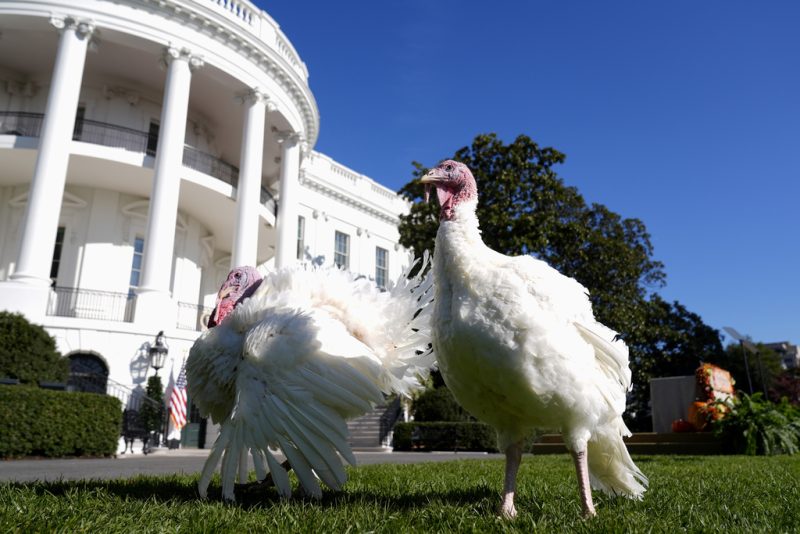
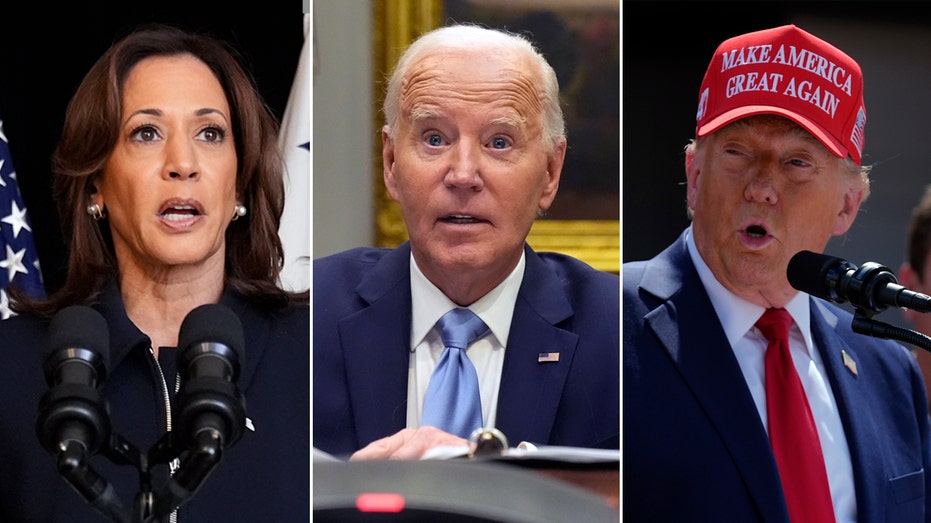
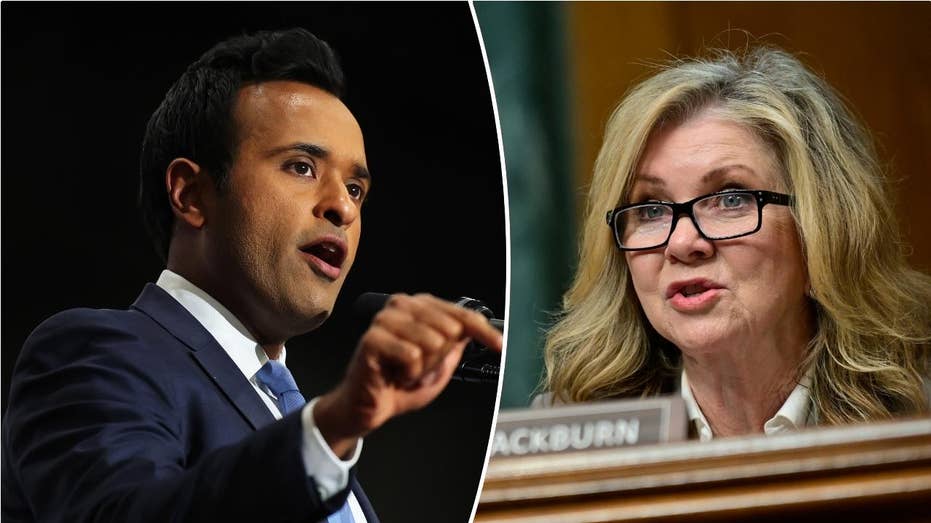
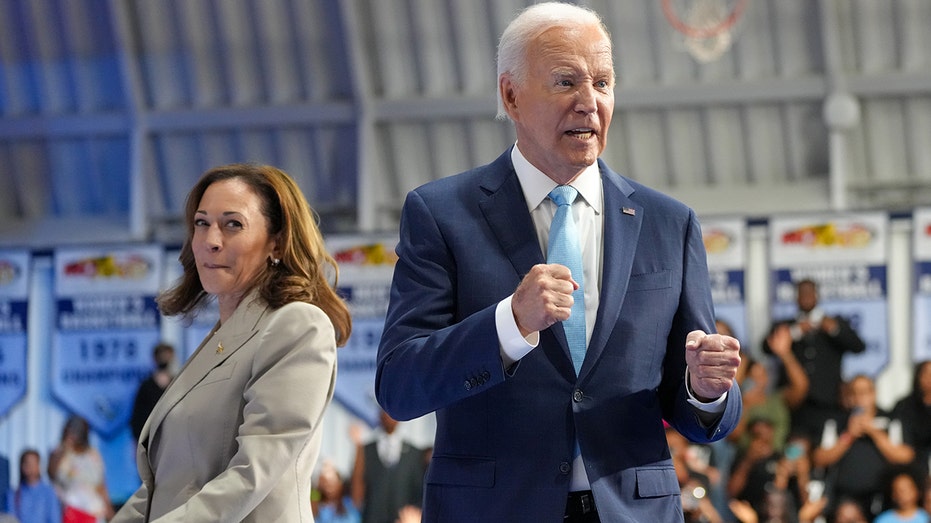
Leave a Reply